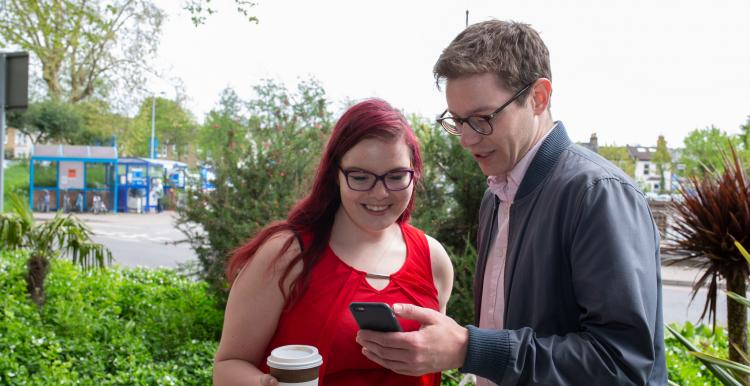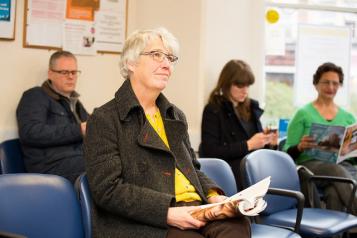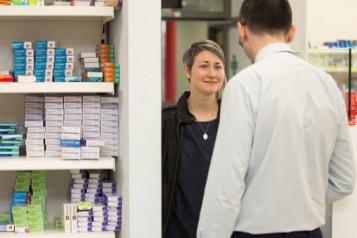Opticians & Eye Care

Why are eye tests important?
Regular eye tests are important because your eyes don’t usually hurt when something is wrong. A sight test is a vital health check for your eyes that can pick up early signs of eye conditions before you’re aware of any symptoms – many of which can be treated if found early enough.
A sight test will show if you need to get glasses for the first time, or change your current glasses.
A sight test will also include a general health check that can pick up early signs of eye disease before you’re aware of any symptoms, such as: Diabetes Macular degeneration Glaucoma.
Optometrists recommend that most people should get their eyes tested every two years. However, in some circumstances, they may recommend more frequent NHS sight tests. For example, a child wearing glasses, people with diabetes aged 40 or over, or people that have a family history of glaucoma aged 70 or over.
What will happen at the eye test?
A sight test will identify what your level of vision is and whether you need glasses to correct your sight.
The way a sight test is carried out is governed by law.
Your eyes and the area around them will be examined, to look for signs of injury, disease or abnormality.
During your appointment, you may see more than one practitioner. For example, an optometrist or ophthalmic medical practitioner, who tests your sight to evaluate the quality of your vision and your eye health, as well as a dispensing optician who fits your glasses.
If you already wear glasses or contact lenses, remember to take them with you to your sight test. You may be asked to wear them during the test.
Children under 16 and individuals who are registered blind or partially sighted, can only have their appliances dispensed by, or under the supervision of a registered medical practitioner, registered optometrist or registered dispensing optician.
How do I find an Optician?
We know that finding the services you need to look after your health care can be confusing.
If you would like more information on local support services, please get in touch.


